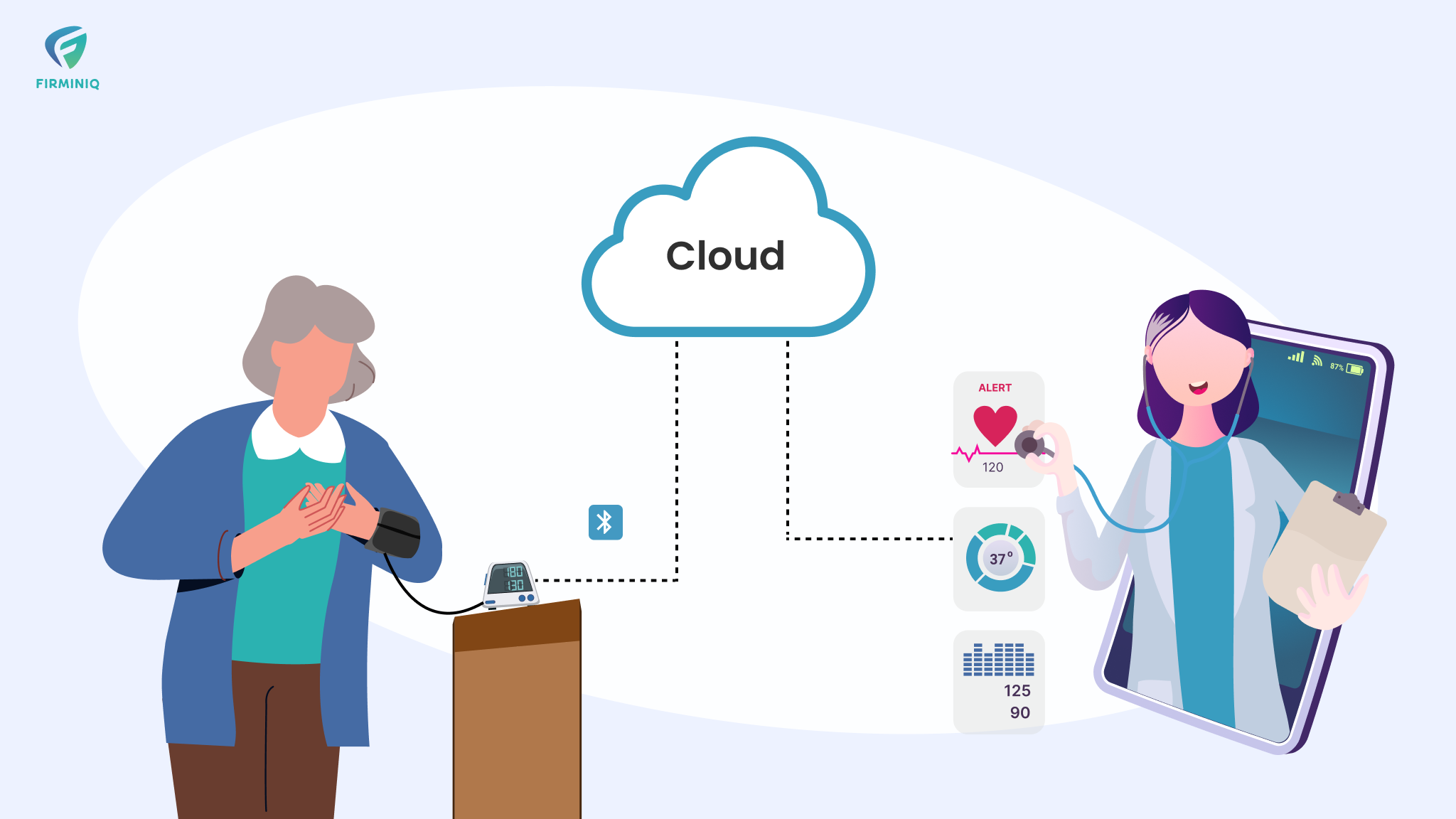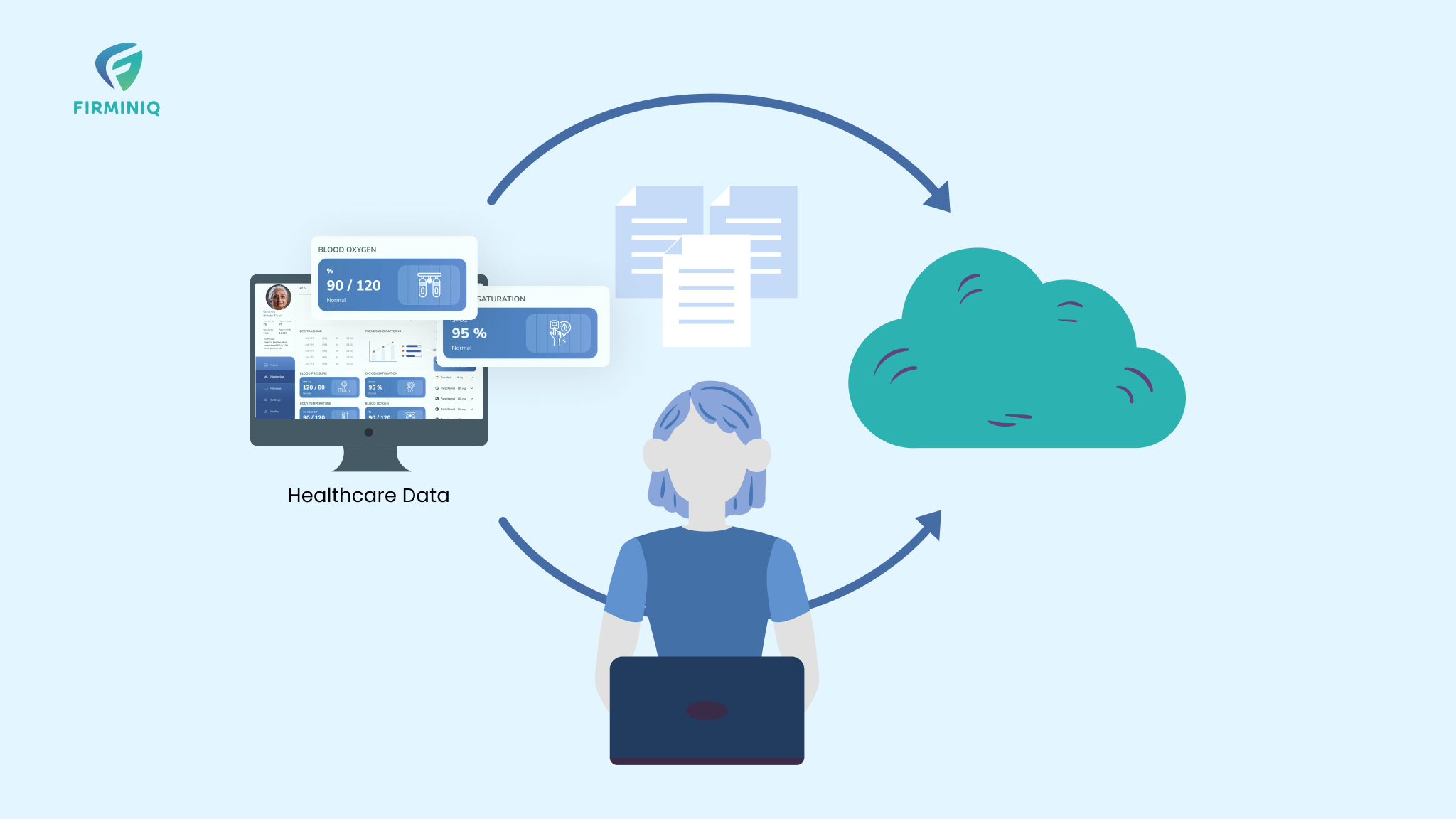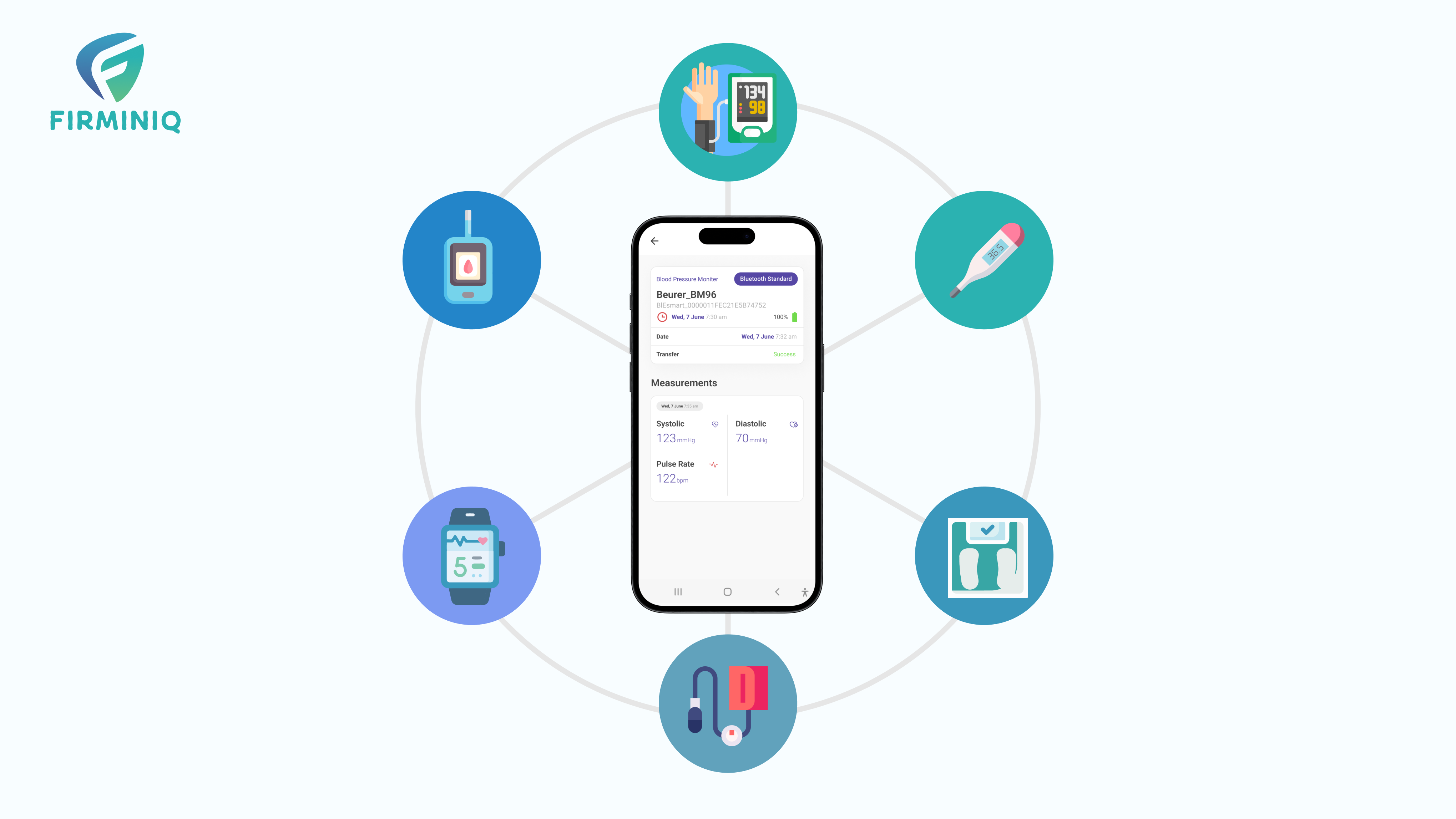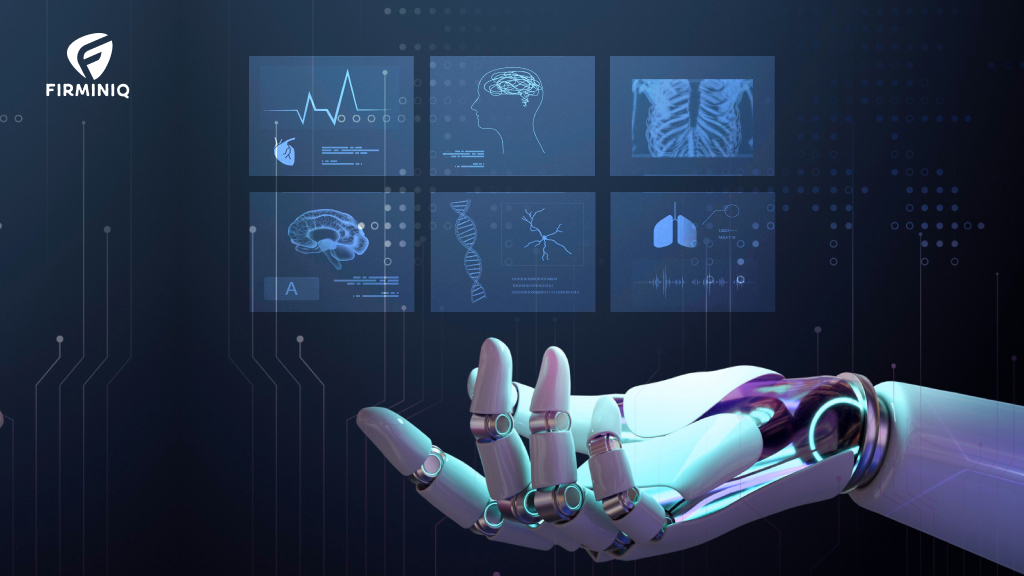Heart failure and other cardiovascular diseases are rising globally while resulting in recurring hospital admissions and causing financial strain on the healthcare infrastructure. According to the Centers for Disease Control and Prevention (CDC), “Approximately every 40 seconds an American will have a heart attack. Every year, 805,000 Americans have a heart attack, 605,000 of them for the first time”.
As the number of affected patients continues, managing heart health becomes difficult. However, with the shift in paradigm and technological integrations like Remote Patient Monitoring (RPM) solutions, the landscape for cardiac care is being transformed. RPM has emerged as an effective solution that helps track the patient’s vitals at regular intervals. It offers a continuous assessment of patients’ vitals, ensuring the physicians are always informed about their condition.
With continuous monitoring, RPM ensures that any potential issues are detected at an early stage and managed easily. The blog provides an overview of the RPM components, and how RPM is utilized in elevating heart health while transforming patients’ outcomes.
Vital RPM Solution Components that Help Manage Heart Health
RPM plays a key role in managing heart health, and several components work to ensure continuous and accurate monitoring of heart health. Let us discuss a few of them:
1. Wearable Devices and Sensors
Wearable sensor-based monitoring includes flexible sensors and devices that are embedded in the human body, integrated with elastic bands, or directly fixed to body parts.
These devices are the backbone of RPM solution that helps physicians to collect and monitor patients’ vitals continuously. Wearables like smartwatches, fitness trackers, heart monitors, glucometers, and more help with real-time health data. These devices ensure real-time monitoring of individual activities, providing a detailed and continuous picture of the patient’s heart health.
2. Mobile Applications
Mobile applications are another useful component, seamlessly integrated with wearables and other devices that offer real-time data and insights to the patients. The user-friendly interface of mobile applications seamlessly displays useful information on the screen. The integration of mobile apps boosts the efficiency and effectiveness of heart health monitoring and management.
3. Secure Data Transfer
Data is paramount in healthcare and securely sharing healthcare sensitive data ensures a seamless flow of information. Using robust encryption methods and tools, preventing unauthorized access and more helps prevent breaches. Reliable connectivity options like Wi-Fi, Bluetooth, and cellular networks are vital to ensure the data is transmitted seamlessly. These connectivity options enable the devices to transfer the patient vitals or data to the healthcare providers, no matter what their location is.
So clearly, by employing stringent measures and leveraging secure connectivity options, the patient data remains protected. It also ensures that healthcare providers have access to accurate data and information required for timely intervention and facilitates better patient care.
4. Integration of Telehealth
The integration of telehealth with RPM solutions gives patients the convenience of connecting with healthcare providers from the comfort of their homes via virtual consultation (video calls/chats). This significantly reduces the need for in-person visits, making healthcare more accessible and efficient. The platform allows physicians to access the patient’s health records in real-time during the consultation, which ensures they are updated with all the necessary information before making recommendations. Telehealth also allows scheduling follow-up appointments and adjusting treatment plans as needed.
5. Doctor’s Portal
A doctor’s portal is a centralized platform offering healthcare providers access to comprehensive patient data collected via RPM solution. The portal allows physicians to track health metrics in real-time, monitor patients’ conditions, and make informed decisions. The physician can seamlessly communicate with the patient, while optimizing personalized and coordinated care.
Significance of RPM Solution for Cardiac Care
RPM solutions play a critical role in revolutionizing cardiac care for both patients and physicians. Let us explore the significant benefits it offers.
1. Real-Time Monitoring & Early Detection
Devices like heart rate monitors, ECG machines, and other sensors enable continuous tracking of patients’ vitals like heart rate and blood pressure and update physicians. These devices transmit the data collected to the healthcare provider via integrated platforms. This allows healthcare providers to know about the patient’s condition and detect any irregularities before the patient’s situation gets worse.
For example, a recent report by the American Heart Association highlights that regular blood pressure monitoring and ongoing communication with healthcare providers can enhance patient health and reduce the incidence of acute events and related hospitalizations.
Also, implementing RPM solution helps create a positive impact on the patient’s lifestyle and encourages them to lead a healthier lifestyle. RPM enables acute care movement while reducing the higher cost associated with hospital visits and commutes.
2. Improved Disease Management and Outcomes
RPM enables healthcare providers to collect patient data and ensures continuous monitoring to get a comprehensive view of the patient’s health status. With continuous monitoring, physicians can timely intervene, check how a patient reacts to the prescribed dosage, and offer a more personalized care plan.
It makes managing the disease easier and benefits the patients with improved outcomes, and improved quality of life. For example, if a patient’s heart rate instantly goes outside the normal range, a physician can promptly intervene and make changes in the dosage.
3. More Comfort for the Patients
Integrating RPM devices into their daily lives helps patients get rid of frequent hospital visits. It is quite beneficial for patients with mobility issues, as RPM offers monitoring in the comfort of their homes. It also allows patients to spend less time in waiting rooms and more time to engage in their daily activities.
Patients can carry out their day-to-day activities, wear their devices, and monitor their vitals seamlessly. The devices are easy to use, encouraging patients to stick to their monitoring routines without feeling burdened by the technology.
4. Improved Efficiency for Healthcare Providers
RPM solution allows healthcare providers to analyze the trends over time, make informed decisions, and ensure the right treatment plans accordingly. The providers can intervene promptly before the condition escalates, leading to better patient health outcomes. The proactive management of heart health enables providers to experience improved efficiency.
For example, with continuous monitoring, RPM indicates a higher blood pressure reading, and the physician can adjust the dosage plan.
5. Reduced Healthcare Costs
RPM solution enables early detection of changes in heart health, like blood pressure fluctuations, heart rates, and more. As these issues are identified at an early stage, healthcare providers can warn patients, and adjust their medications accordingly, without having patients visit hospitals. The proactive approach reduces the possibility of complications and saves patients from costly emergency visits and hospitalizations.
Future of RPM in Managing Heart Health
RPM solutions are revolutionizing cardiac care and have become an integral part of the healthcare system. It streamlines heart health management for patients and has many other use cases.
Through real-time monitoring of vitals, there is a proactive management of patient condition, and physicians can also ensure optimized resource allocation.
It is time for healthcare organizations to leverage RPM solutions and deliver more personalized care and improved patient outcomes. Wish to know more? Reach out to us.







